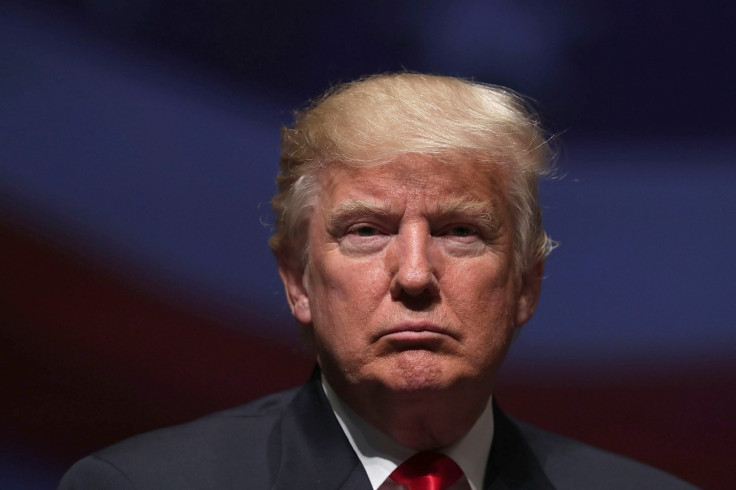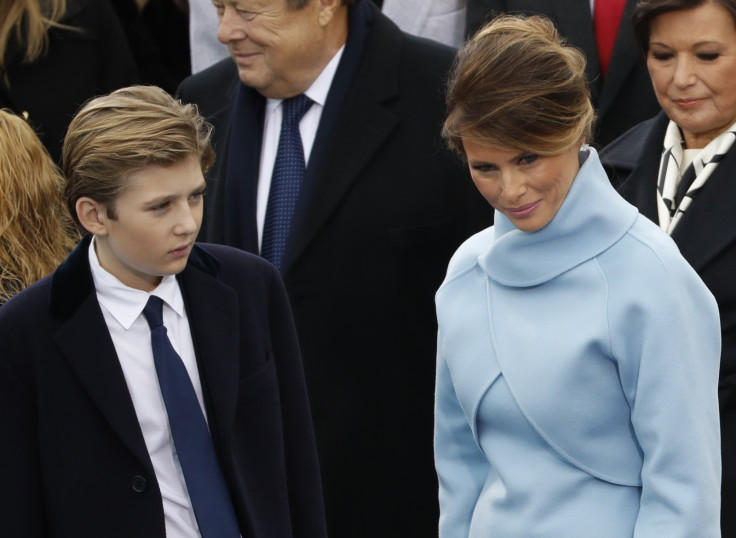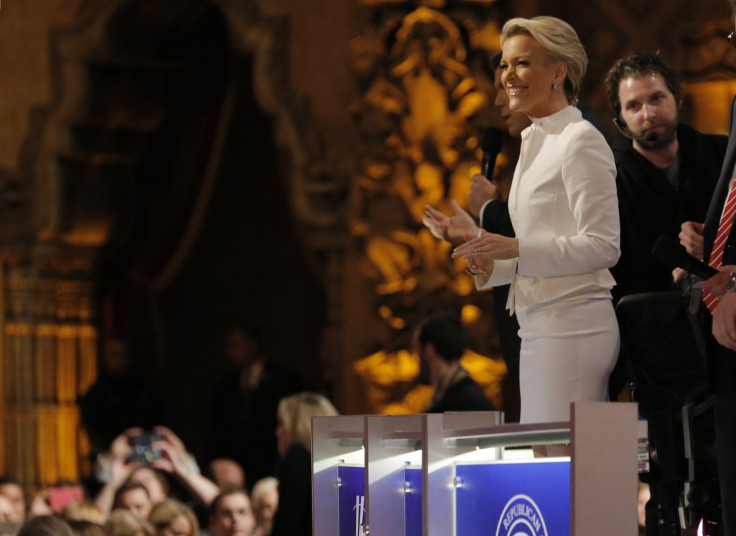Donald Trump is disgusted by periods and called his pregnant wife a 'monster' – why does he hate women?
The US President attitude towards women has been hostile - to say the least.

Anybody who has so much as glanced at a newspaper over the past few months has a fairly clear idea of Donald Trump's feelings about women. His infamous misogyny and boastful comments about sexual assault go hand-in-hand with his attacks on women's reproductive rights, both in the United States and around the world.
But three specific revelations this week have thrown new light on Trump's attitudes and behaviour towards women.
First came the news that the president reportedly demands that his female staffers "dress like women", a directive that has been widely interpreted as requiring traditionally 'feminine' clothing such as dresses and high heels. According to the source of the story, for example, female field staffers felt compelled to wear dresses during Trump's presidential campaign.
Next was the story that Trump has appointed two men to advise him on the issue of women in the workplace, with The Wall Street Journal reporting that Walmart CEO Doug McMillon and Ernst & Young CEO Mark Weinberger will headline a discussion with the new president on women's workplace issues.
Third, after Melissa McCarthy's inspired impression of White House Press Secretary Sean Spicer on Saturday Night Live went viral, Politico reported that according to sources close to Trump, "it was Spicer's portrayal by a woman that was most problematic in the president's eyes". A top Trump donor added: "Trump doesn't like his people to look weak."
All this points to a man who sees women as an almost alien 'other' category; creatures who cannot ever step outside of the bounds of being seen as 'female' first and foremost before anything else. It suggests that women, in Trump's eyes, possess a collective inferiority to men and a primarily aesthetic purpose.

This 'othering' could be seen in Trump's strange obsession with and apparent disgust at bodily functions such as menstruation and urination – revealed when he accused Megyn Kelly of having blood coming "out of her eyes... out of her wherever" when she grilled him at the first presidential debate, or when he described Hillary Clinton's bathroom visit as "too disgusting".
He seems to think of women as a very separate group from men, with rigid gendered characteristics that should be upheld at all times. This goes some way towards explaining Trump's repeated inappropriate comments about his daughter Ivanka. For a man who sees women as primarily decorative and objectified, it is difficult to conceive of other points of reference – even when the person in question is your own daughter.
This striking dehumanisation is also apparent in comments Trump has made about his wife Melania, whom he described as a "blimp" and a "monster" while she was pregnant with his son Barron. His inability to individualise women seems apparent in the sweeping comparisons he makes, with his comments about his pregnant wife segueing effortlessly into commentary on other women's bodies. "I looked at her the other day, and it's off. There's no question," he said in the same conversation, referring to supermodel Heidi Klum, who was at the time two-months postpartum.
Trump's insistence on women "dressing like women" makes it unsurprising that he seems baffled and threatened by women who step outside those rigid stereotypes. His repeated attacks on comedian Rosie O'Donnell focused relentlessly on his belief that she fails to conform to his notion of idealised, heterosexual femininity, likening her to a "fat pig" and a "slob".
Perhaps most significantly, Trump told People magazine O'Donnell was "a woman out of control" – pointing to his anger at the comedian for straying outside his 'rules' for women.
Of course, as is the case with Trump's shockingly discriminatory travel ban, it is much easier to maintain the myth that an entire group of people share the same simplistic, stereotyped characteristics if you hold them at the greatest possible distance and don't engage with them as individuals.

Trump's decision to tap two men to discuss 'women's workplace issues' suggests that he doesn't want to interact too closely with women or hear from them directly, preferring to discuss and manages their affairs with other men. (See also his proud signing away of millions of women's reproductive rights in a roomful of other white men, with no apparent input from women whatsoever).
Trump has form in this area, with his sweeping generalisations about Mexicans, his suggestion that a judge couldn't adjudicate a case fairly because of his Mexican heritage and his repeated conflation of Islam and terrorism all suggesting a tendency to homogenise and stereotype groups of people who fall outside the category of rich white guy.
In light of all this, it is easy to see why the very notion of a woman inhabiting the character of one of Trump's most senior male staff members is hugely disconcerting and troubling to him. In Trump's world, where men are nuanced, individual, protagonist decision makers and women are a secondary, inferior group with a few troublesome outriders who need putting in their place, the idea of being impersonated by a woman is more offensive than all the criticism of his regime and its shameful press relations put together.
No matter that McCarthy skewered the new administration's attacks on press freedom and critical news outlets; never mind that it drew attention to the immensely damaging ban on mainly Muslim travellers, or the White House's failure to mention Jewish people in its Holocaust Remembrance Day statement; what really hit home for Trump was the shame of his Press Secretary being lampooned by a woman. That, not the blistering exposure of his inadequacies, was what Trump decided made Spicer "look weak".
As we learn more about Trump's view of women, this comes less and less as a surprise. If you believe that women are a severely limited, tightly stereotyped, second-class group, whose appearance is more important than their credentials, whose job performance is undermined by their hormones, and whose primary function is to be attractive to men... Well, no wonder you consider it the very height of shame to be impersonated by one.
Laura Bates is the founder of the Everyday Sexism Project
© Copyright IBTimes 2025. All rights reserved.






















